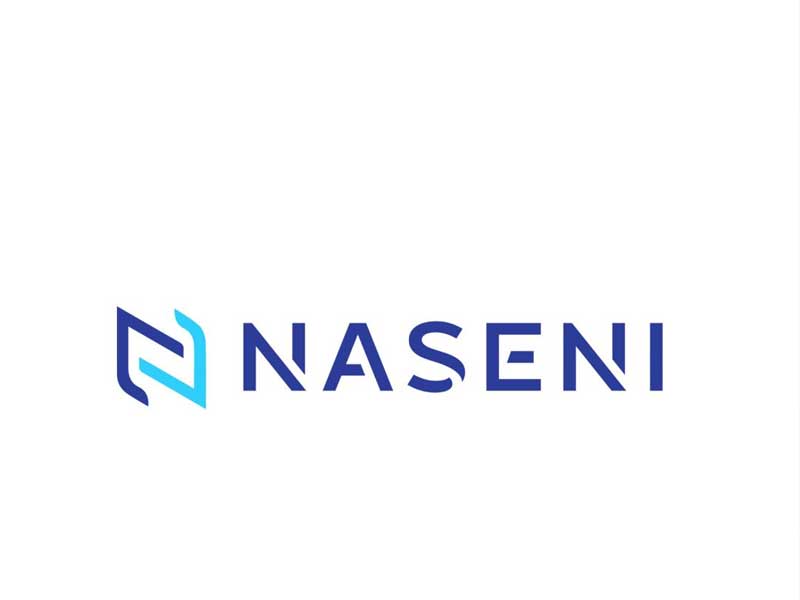The Chief Executive of the Rural Electrification Agency (REA), Mr. Abba Aliyu, has announced plans to intensify the use of hybrid electricity models in Nigeria. This initiative aims to enhance energy access, particularly in rural areas where traditional power supply methods are insufficient.
Importance of Hybrid Electricity Models
Hybrid electricity models combine multiple energy sources, including solar, wind, and diesel generators. This approach aims to provide a reliable and sustainable power supply. By integrating different energy sources, these models can offer flexibility and resilience in energy delivery.
Nigeria’s energy landscape has faced significant challenges. Many rural communities lack consistent access to electricity, impacting education, healthcare, and economic activities. The REA recognizes that hybrid models can address these issues by providing a stable power supply. This is especially crucial in areas where the national grid is either unavailable or unreliable.
Mr. Aliyu emphasized that hybrid systems can help reduce dependence on fossil fuels. By promoting renewable energy sources, Nigeria can move toward a more sustainable energy future. This aligns with global efforts to combat climate change and reduce carbon emissions.
The REA’s focus on hybrid models is also expected to create job opportunities. The development, installation, and maintenance of these systems will require skilled labor. By training local technicians, the initiative aims to empower communities and enhance local economies.
Implementation Strategies and Community Benefits
To implement these hybrid electricity models effectively, the REA has outlined several key strategies. First, the agency will conduct assessments to identify the most suitable locations for hybrid systems. Understanding local energy needs and resources is essential for maximizing the effectiveness of these projects.
Public-private partnerships will play a crucial role in this initiative. Collaborating with private sector companies will help mobilize the necessary resources and expertise. These partnerships can facilitate the development of innovative solutions tailored to local contexts.
Community engagement is another vital component of the REA’s approach. Involving local stakeholders in the planning and implementation processes ensures that projects meet the specific needs of communities. This participatory approach fosters ownership and responsibility among residents.
The expected benefits of hybrid electricity models extend beyond just energy access. Reliable power supply will enhance educational opportunities by providing better learning environments. Healthcare facilities will also benefit from consistent electricity, allowing them to operate essential equipment.
Moreover, access to energy can stimulate local economic activities. Small businesses will thrive with reliable power, leading to increased income and job creation. This overall improvement in quality of life can significantly reduce poverty in rural areas.
In conclusion, the Rural Electrification Agency’s plans to intensify the use of hybrid electricity models represent a significant step toward improving energy access in Nigeria. Under the leadership of Mr. Abba Aliyu, the REA is committed to fostering sustainable energy solutions that empower communities. By integrating various energy sources, Nigeria can enhance reliability and resilience in its energy supply, ultimately driving economic growth and development. The focus on hybrid models not only addresses current energy challenges but also paves the way for a more sustainable future.




